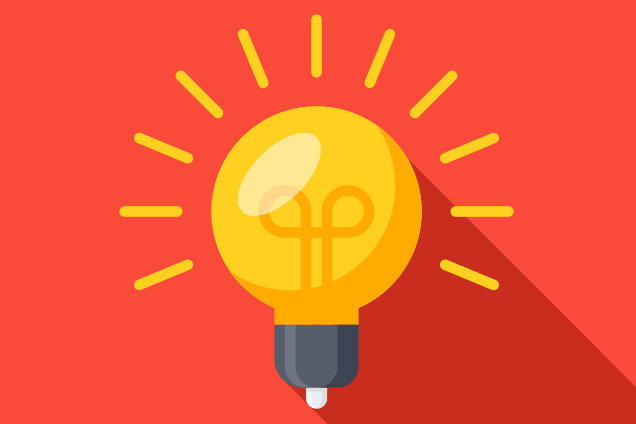PLEAC Webinars
-

Working in Politics: Combatting Sexual Harassment with Legislatures
Legislatures are unique places of work. Elected officials, political staff, and nonpartisan employees work in precarious conditions with distinctive power dynamics. Like any workplace, workers regularly interact with one another, which means that sexual harassment can involve interactions between and within these different groups.
Read More
With funding from Justice Canada, Equal Voice conducted a three-year project to better understand and combat sexual harassment in our legislatures. -

A Learning Journey: Successes and lessons from building a legal support service from the ground up
Join The Journey Project to learn how they built their Legal Support Service from its inception to current day. Hear about the development and evolution of the project’s unique partnership along with research and statistics that have been gathered along the way.
Read More
This webinar will help inform attendees of how to realistically approach building and growing a unique program like The Journey Project and what to expect along the way. -

Artificial Intelligence: How to harness it (for good) for public legal education
This session is the keynote presentation for PLEAC’s 2023 annual conference and participates in Access to Justice Week.
Read More
Should public legal educators jump on the AI bandwagon? This panel looks at AI and public legal education from a number of angles: Can AI help us advance access to justice? How can it help us understand the needs of our audiences, -

Looking beyond Canada: the role of community workers and other trusted helpers in the justice ecosystem
This session is the second plenary presentation for PLEAC’s 2023 annual conference and participates in Access to Justice Week.
Read More
Programs in the US, England, and across the globe are supporting “trusted intermediaries” – front-line workers assisting community members with law-related problems – in their essential role in the justice ecosystem. We will hear from leaders, -

Roles and Responsibilities of Public Legal Educators in Reconciliation
This session is the first plenary presentation for PLEAC’s 2023 annual conference and participates in Access to Justice Week.
Read More
Kimberly Murray will share her perspectives on the role – and the responsibilities – of community organizations whose work involves educating the public about the law, legal rights and the justice system in Canada. -

Using Multiple Perspective Legal Needs Surveys to Improve Access to Legal Information: Reflections on Results from the Saskatchewan Legal Needs Assessment
Diverse perspectives are needed to solve complex issues. Recognizing this, the Centre for Research, Evaluation, and Action Towards Equal Justice and the Centre for Forensic Behavioural Science and Justice Studies partnered on a multi-faceted project to better understand unmet legal needs in Saskatchewan with funding from the Law Society of Saskatchewan and Law Foundation of Saskatchewan.
Read More -

10 steps to incorporate user-testing and ensure user-centered design in projects
Do you want to confirm that your projects are meeting the needs of your users? How do you know your project is hitting the mark?
Read More
The Justice Education Society has been delivering legal education and producing legal help websites for the public for the last 30 years. They strive to make their websites and services user-centered. -

Male Allyship and Sexual Harassment in the Workplace
What does it mean to be a male ally? How can male allyship and SHW prevention support each other?
Read More
In 2022, SASC’s #RaiseTheBar Program and Male Allies Training worked together to develop an offering to prevent sexual harassment in the workplace. Using highly engaging activities from our Male Allies Training workshops, -

Decolonizing Access to Legal Information in Situations of Family Violence in Inuit Communities
How can we ensure public legal education initiatives on the topic of family violence prevention are guided and led by the needs of Inuit communities and reflective of Inuit Qaujimajatuqangit principles?
Read More
What is the best way to reach and engage different audiences on this issue, particularly given the increase in use of social media, -

Inclusive Workplaces: A Short Workshop on Meaningfully Including 2-Spirit, Trans, Non-Binary and Gender Diverse People
Join Shae (they/them) and Shila (she/her) for a practical workshop orienting you to Moving Beyond the Binary, a lovely publication that launched on March 31st, International Day of Trans Visibility. This guide is filled with a wealth of useful information on meaningfully including gender diverse folks at work and has many supports and resources alongside the publication.
Read More